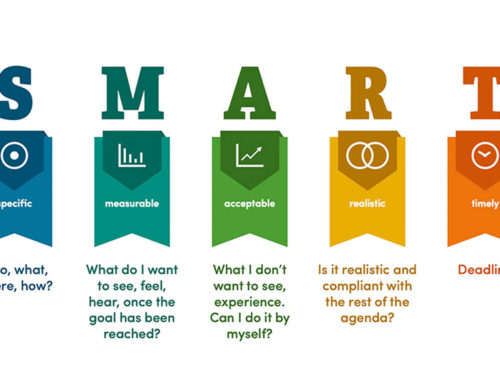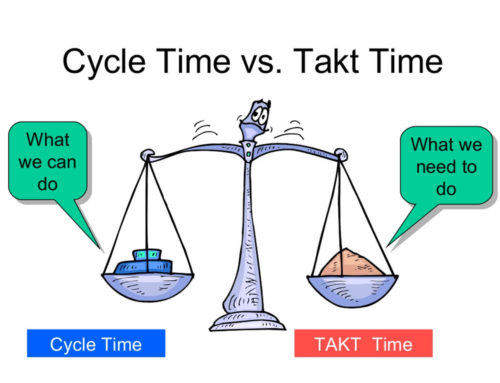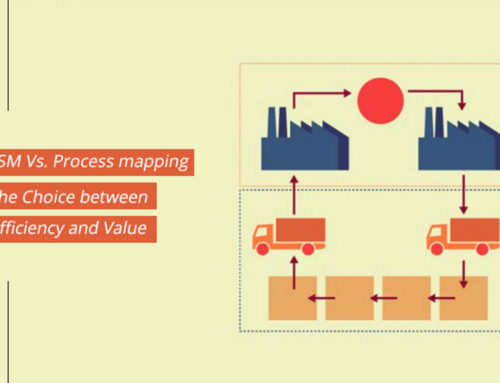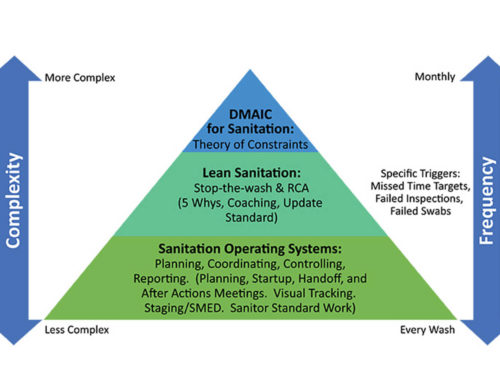A series of consecutive blogs will exclusively stress on each challenge faced by FMCG and retail market in India.

Life was easy for FMCG and retail businessman with brick and mortar stores—put the least selling item as a freebie with the top-selling one, and tada, sales closed, stock cleared, and customers happy. In stark contrast, today, the attraction of deals and discounts is fading away, as consumers have become conscious of what they are putting in their cart. Increase in discretionary spending and the rising influence of online retail channels are among the fundamental dynamics catapulting this shift.
This paradigm shift is now evident. What are these five challenges? How are they reforming the retail market in the forthcoming time? And what are probable solutions? This article exclusively stresses on each challenge faced by FMCG and retail market in the series of consecutive blogs.
The five challenges that our experts conjectured are,
- Personalization and the Need of Customers
- Economic Instability and Trade war
- Multichannel Mechanism
- Factors of Promotion and Marketing
- Strengthened Co-ordinating of Employee
This blog talks about the changing temperament of a consumer subjected by a myriad of factors and generic measures to curb this situation. It is essential to tap these modes and harness their needs for successful retail.
Personalization and the Need of Customers
 Moreover, millennials hold the helm of sales through online retail and they feature fickle-mindedness. They have a quest for innovative products, and their loyalty keeps on undergoing shifts to ‘whoever keeps them engaged’. To add to that, the fragmented consumer goods segment features numerous competitors, who are striving to earn, rather than buying, consumers’ loyalty by attracting them through personalization.
Moreover, millennials hold the helm of sales through online retail and they feature fickle-mindedness. They have a quest for innovative products, and their loyalty keeps on undergoing shifts to ‘whoever keeps them engaged’. To add to that, the fragmented consumer goods segment features numerous competitors, who are striving to earn, rather than buying, consumers’ loyalty by attracting them through personalization.
In recent times, personalization is no longer just another strategy; it is the tact to make your consumers feel that you care for their needs, which should reflect in the products that you recommend them through push notifications. So, now it’s officially the time to move past your traditional customer retention strategy of earning consumer loyalty through deals and discounts, as personalization becomes the new winning imperative in FMCG and retail markets.
Underlying Asterisks of Personalization that FMCG and Retail Businessmen Need to Understand
In the digital era, data is the real asset behind understanding the aversion of consumers towards a product. Online retail channels are generating a pool of data for retailers to analyze and take a cue on the common behaviour of consumers to offer them with a personalized experience. However, as GDPR (General Data Protection Regulation) makes inroads and takes a rigorous approach towards data privacy norms, players in the FMCG industry often find it challenging to strike a balance between learning consumers’ proclivity and conforming to the data privacy policies.
This surfaces the challenge of managing the broad and ever-increasing repository of consumer data. Another crucial challenge is to get through the root of this data and turn it into insight to create lucrative sales opportunities. Though personalization holds high potential to target consumers, it is the data and the associated policies that make it difficult for FMCG businessmen to cut through the noise and consolidate from hereon.
How to Bridge the Gap between GDPR and Analyzing Consumers’ Demand?
It is relatively easy for leading companies to hire expert data analysts, but mid- and small-companies encounter investment issues and fall victim to GDPR. However, a legal and straightforward approach to understand consumers’ choices is by leveraging the prowess of digital marketing to track how consumers resonate with the brand.
Online retailers can promote their products by running social media campaigns and push sales through social media platforms. The smart move for retail businessmen is to leverage the digital reach to play with relatively simple data. And to analyze the choices of consumers rather than getting involved in the complex set of data and GDPR.
In the next blog, we will discuss how economic instability and impending and extant trade wars are affecting all forms of businesses across India and in general the whole world.






